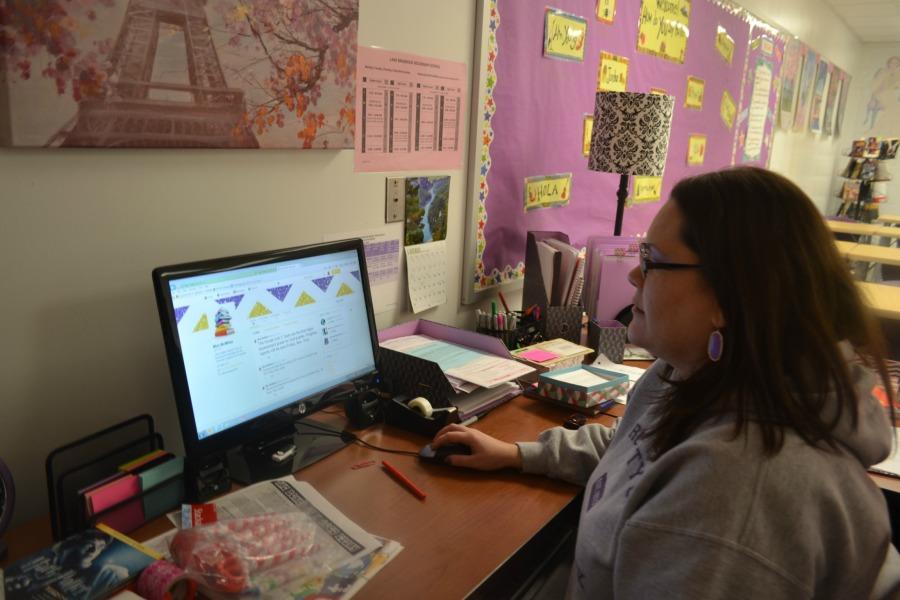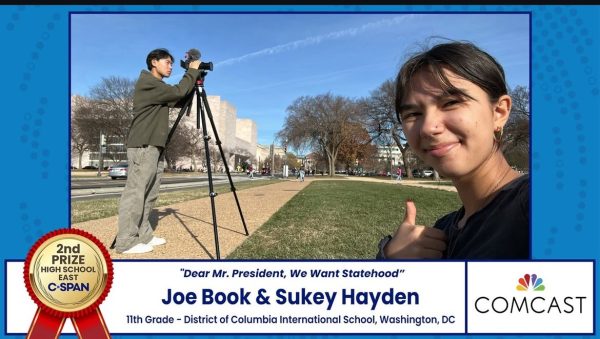Teachers tweet and blur tech guidelines
As social media becomes more prevalent in the everyday lives of students and faculty, attention is turning to its use in school. Teachers are utilizing sites such as Facebook and Twitter to better reach students with assignment reminders or extra information about the subject.
“I retweet things that are relevant to the curriculum, and sometimes I’ll send out my own tweets about an interesting TV show on the History Channel or Discovery Channel or on the news that I think my students should be aware of,” history teacher Michael Henrich said. “It’s mostly supplementary because we have to make it optional.”
Although it is far from required, social media can be a useful communication tool.
“I think it gives [teachers] another way to connect to students outside of the classroom, and as long as they’re using it under parameters and being open about it, I think it’s good,” history teacher Veeda Ranjber said.
She said it is essential to keep personal and teacher accounts separate.
“We have to be aware that anything we say on a public forum represents Fairfax County, whether we like it or not,” Ranjber said, “so things that you don’t want to say in front of your students, you shouldn’t be posting publicly either.”
Technology specialist Kate George, responsible for reminding the teachers of guidelines related to appropriate social media usage, agrees.
“Things that we like to remind teachers: You should never friend students,” George said. “If you’re using Twitter, it needs to be approved by the principal, and it needs to be monitored.”
This, she said, is because anything that teachers and faculty members do points back to FCPS, and as such, they must represent the school system in an appropriate way.
“We’re all Fairfax County Public School employees, so you never stop being a teacher,” George said. “You never stop being part of the community, so you want to make sure that what you put out there is appropriate and that you have your privacy settings for your personal account set…knowing that people can share pictures with other people and then those pictures can get shared.”
Although most teachers do not post anything terribly inappropriate online, according to freshman Alex Park, a student finding a personal account of a faculty member could challenge the authority of the teacher in question.
“It could become an issue with privacy, and then you never know what might happen,” Park said. “[Students] might have a different opinion about that teacher.”
In the end, the difference between good social media and bad social media lies with the person responsible for maintaining the account.
“[As a teacher] you just want to make sure that you’re using good judgement with what you put out there,” George said. “Your entire life doesn’t need to be on social media. And that’s probably the hardest lesson to learn.”




